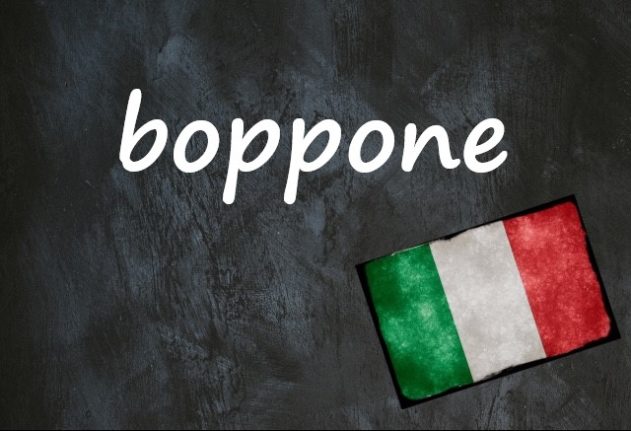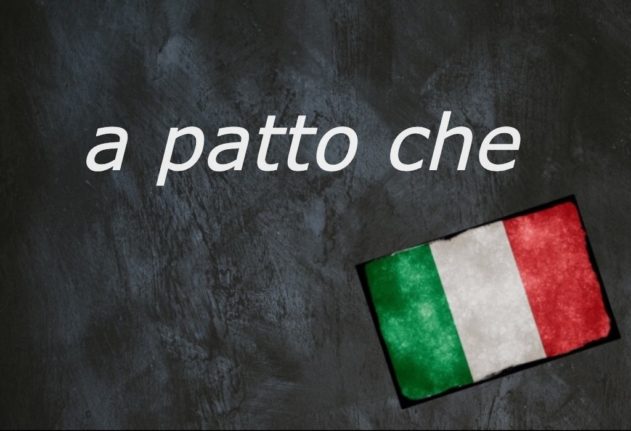Italy’s biggest newspapers have this week been baffled by the latest anglicism adopted by younger Italians, with the nation in the grip of Sanremo fever.
In countless comments on performances during the much-loved Italian song competition, newspaper Corriere reports, the English word ‘bop’ – and the neologism boppone Italians have derived from it – is taking social media by storm.

Commenters on social media are using the term to enthusiastically praise songs or performers with phrases such as “hai fatto un boppone!” or “Ha tirato fuori un boppone.”
Like so many other anglicisms adopted into Italian, the use of the word ‘bop’ might seem curiously quaint to the ears of native English speakers.
The slang term is strongly associated with a particular place and time and, like counterparts from the same era such as ‘hip’, ‘groove’, and ‘hepcat’, is rarely used in English today unless with a large dollop of irony.
According to etymology experts, the word ‘bop’ originated in mid-19th century America amid jazz musicians, and means to dance to pop music, or to dance informally.
But in Italian the word has now been given a new lease of life and a slightly altered meaning.
READ ALSO: ‘Anglicismi’: The English words borrowed into Italian – and what they mean
The newly-coined Italian noun boppone instead is being “used to describe a song that is liked immediately, on the first listen. Therefore perfect for an event like Sanremo, which is based entirely on unreleased songs,” explains Corriere.
The Italian suffix -one is used to indicate a bigger version of something, so the new word could be literally translated into English as a “big bop”, or maybe a “big bopper”.
In more modern English slang a song like this might be described as a “banger”.
Che boppone questa canzone!
This track is a real banger (or literally: ‘what a big bopper this song is!’)
As with so many other things about the Sanremo music festival, it can be hard for outsiders to tell whether all this is ironic or deadly serious.
Do you have an Italian word you’d like us to feature? If so, please email us with your suggestion.
Don’t miss any of our Italian words and expressions of the day by downloading our new app (available on Apple and Android) and then selecting the Italian Word of the Day in your Notification options via the User button.



 Please whitelist us to continue reading.
Please whitelist us to continue reading.
Member comments